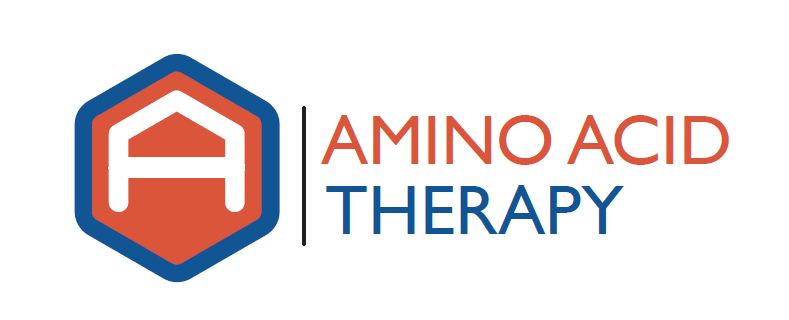L-Tryptophan is the dietary precursor to serotonin production in the body. However, there are many reasons why dietary tryptophan may not provide an adequate supply of serotonin to optimize a person’s health.
L-Tryptophan: Essential Amino Acid
L-Tryptophan is an essential amino acid; this means that the body cannot synthesize this amino acid from anything else and therefore, it needs to be supplied through the diet on a regular/daily basis. Once more, L-tryptophan is the least prevalent essential amino acid in foods, meaning that it is found in the lowest percentage in the diet relative to the other essential amino acids. This is important because amino acids compete with one another to be transported across the gut wall as well as to be taken up into the cells and brain.
L-Tryptophan: Precursor to Serotonin
L-Tryptophan is also the main dietary precursor for the body to make serotonin. Serotonin is an inhibitory neurotransmitter that has a multitude of functions in the human body. Since L-tryptophan is the least prevalent amino acid in food and since it has to compete with many other amino acids to be taken up and utilized in the body and brain, it is not uncommon for a person’s serotonin levels to be lower than necessary to optimize function. This decline can be accelerated due to many factors, including stress, lack of sleep, chronic pain and/or alcohol and drug use. As such, it is often desirable to find a way to increase the body’s production of serotonin to restore optimal function.
5-HTP: A Natural Solution
5-Hydroxytryptophan (5-HTP) is an intermediate in the conversion of L-tryptophan into serotonin but is not found in significant amounts in food:

However, 5-HTP can be synthesized in the lab and can be utilized very effectively as a precursor to increase serotonin production when dietary sources are not sufficient. However, research conducted by Marty Hinz, MD, et. al., has shown that in order to make sure the proper balance of neurotransmitters is maintained, nutrients relating to dopamine and glutathione production must be co-administered with 5-HTP in or to prevent 5-HTP induced depletion of glutathione (thiols) and dopamine (catecholamines).
Since each person’s situation is unique, there isn’t a standard “one-size-fits-all” formula or amount of these amino acids and precursors that can be generally given. However, it is not uncommon to begin with a 1:10 ratio of 5-HTP:L-tyrosine (catecholamine precursor) and then use testing and clinical response to help determine if and how to adjust each persons amino acid dosing.

